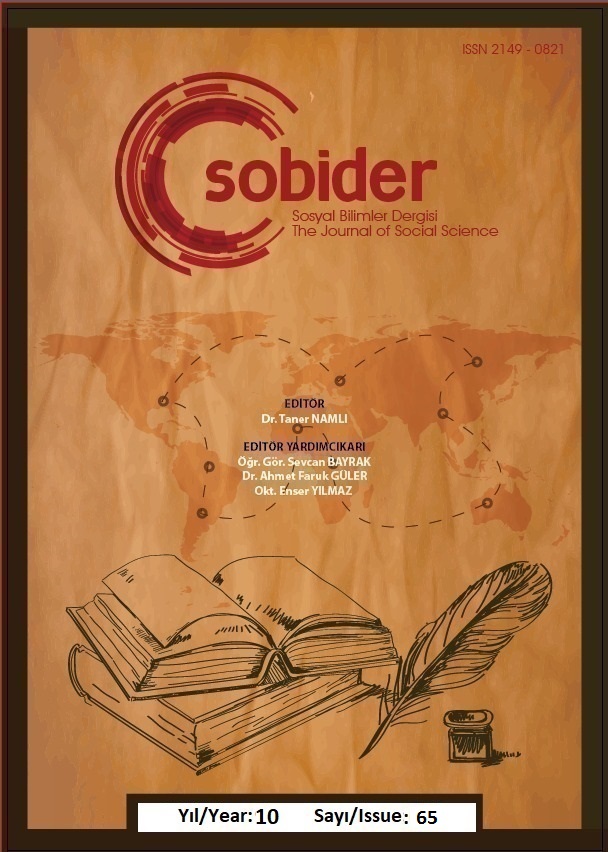Author :
Abstract
1974’te gün yüzüne çıkan pişmiş toprak ordu, Çin’in ilk imparatoru Qin Shihuangdi’yi öbür dünyada koruyabilmesi için yapılmıştır. Binlerce askerin yer aldığı çukurlar, büyük bir mezar kompleksinin sadece bir parçasıdır. Asıl mezar hala açılmamış; gizemini korumaktadır. İlk İmparator tarihe ülkesini birleştiren, Çin Seddi gibi muazzam yapılar miras bırakan bir lider olarak geçmiştir. Bu lider aynı zamanda kendi halkını köleleştirmiş, acımasızca canlar almış bir tiran olarak kabul edilmektedir. Ölüm korkusu ve sonsuza dek hükmetme arzusu ile büyük işgücünü, kendi mezarının yapımına yönlendirmiş ve ortaya eşi görülmemiş bu eser çıkmıştır. Figürleri üretmek için bulunan yöntem, zamanının çok ötesinde bir seri üretim tekniğidir. Böyle pişmiş toprak mezar heykelcikleri yapılmasına, imparatorluğun sonraki dönemlerinde de devam edilmiş ama bir daha asla bu ölçeğe çıkılmamıştır. İlk imparator, 20. Yüzyıl’da, Çin’i sansür duvarlarıyla çeviren, muhaliflere karşı acımasızlığıyla nam salan, ancak ülkesini yoktan var eden Mao Zedung’da beden bulmuştur. Çin halkı bugün hala büyüme hırsının baskısı altında yaşamaktadır.
Keywords
Abstract
The terracotta army, discovered in 1974, was created with the intention to protect China's first emperor, Qin Shihuangdi, in the afterlife. The thousands of soldiers found in the pits are part of a vast burial complex, with the main tomb still unopened, holding its mystery. The First Emperor is a historical figure known for unifying the country, leaving a legacy of monumental structures like the Great Wall. He is also seen as a ruthless tyrant, enslaving his own people. His fear of death and ambition to rule the universe was the main motive to construct this mausoleum. The innovative method used to produce the figures represents advanced mass production ahead of its time. While such pottery figures continued to be made in later imperial periods, they were never produced on this scale again. The First Emperor's traits found embodiment in Mao Zedong, who, in the 20th century, erected censorship walls, harshly treated any oppositions, yet contributed to China's emergence. Presently, the Chinese populace remains under the pressure of greed for growth.
